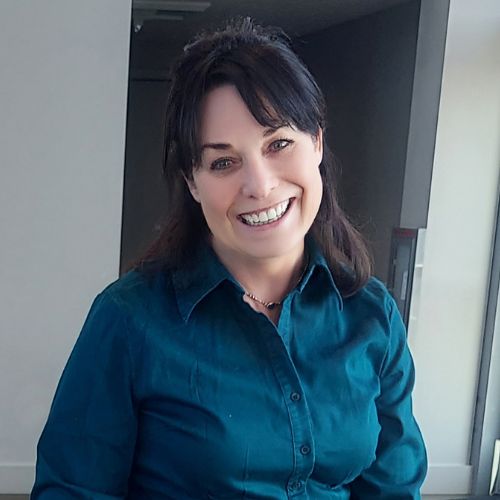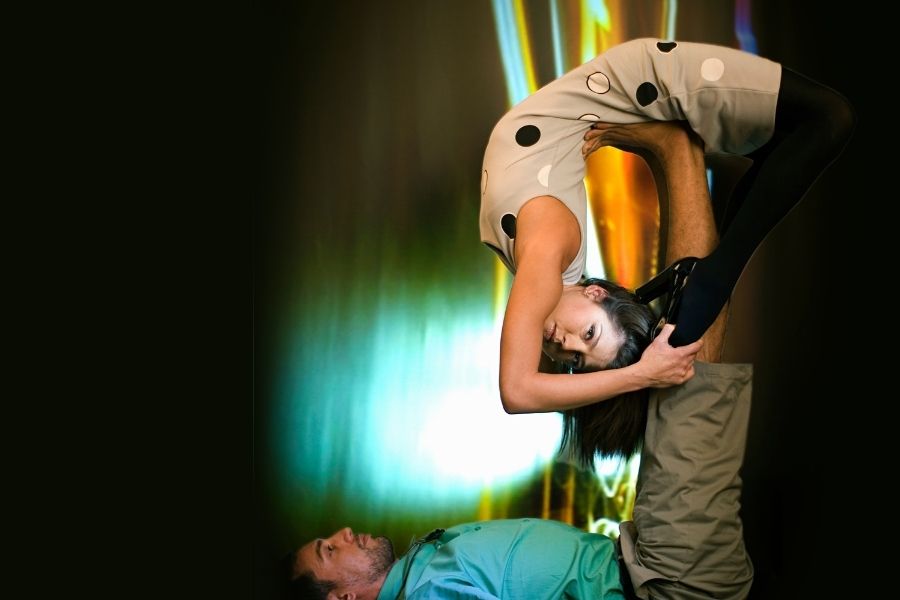
Navigating RSD
A Personal Journey of Discovery and Transformation
In early 2021, I embarked on a transformative journey by taking Scott Barry Kaufman’s “Transcend” course, inspired by his book of the same name. Little did I know that this experience would lead me to unexpected challenges, self-discovery, and the opportunity to shed light on a critical aspect of ADHD – Rejection Sensitivity Dysphoria (RSD).
During the course, Scott offered one-on-one coaching, urging me to push beyond my comfort zone. As someone transitioning from a long tech career into the neurodiversity industry, I faced doubts about the validity of my opinions and research. This internal struggle, which I termed the “Scarecrow Syndrome,” was something I explored in a previous blog [link].
The catalyst for stepping out of my comfort zone came when, just after a coaching session with Scott, I received an email from the ADHD organization CHADD. The subject line intrigued me: “Deadline to submit abstracts for national conference extended.” Despite my reservations, I decided to entertain the idea and submit abstracts on topics I had been researching.
The journey wasn’t without its challenges. The submission form posed an unexpected obstacle – a demand for credentials. Frustrated but undeterred, I found a creative workaround to submit my abstracts, including one on Rejection Sensitivity Dysphoria.
To my surprise, CHADD congratulated me on the acceptance of my RSD abstract. This virtual conference opportunity, initially daunting, turned out to be a pivotal moment in my life. The next six months were a whirlwind of research and preparation, and along the way, my therapist suggested reaching out to Dr. Bill Dodson, a renowned ADHD expert. Despite initial hesitations, I eventually contacted him and received invaluable insights.
Fast forward to the conference day, the culmination of months of hard work. Although I couldn’t gauge the audience’s response in real-time, the flood of positive chat messages post-presentation left me elated and relieved.
This experience propelled me into a year of continued research, evolving into a lived experience researcher. Through exploring the commonalities of others with RSD, I discovered a critical gap in understanding between clinicians and those with ADHD. I realized the importance of presenting both perspectives – what it looks like from the outside and what it feels like on the inside.
The journey didn’t end there. Recently, Dr. Dodson and I were asked to collaborate on RSD from both clinician and lived experience viewpoints. Our shared goal is to help individuals with ADHD navigate the challenges of rejection with understanding and effective treatment.
In our presentation [link], we outline ten key ways to achieve the best outcomes for RSD. We emphasize the importance of seeking local ADHD support groups, caution against shortcuts in medication trials, and share insights to empower individuals to thrive with RSD.
Rejection Sensitivity Dysphoria is not just real; it’s treatable and manageable. Our hope is that by sharing these two perspectives, we can provide guidance and support for those navigating the intricate path of RSD.
About the Author

Hey there! I'm Beth, a neurodiversity advocate and consultant here to help smooth the path of your ADHD journey.
The Latest in 'Ask Beth'
I’ve always gone out of my way to make others happy. I usually offer help and don’t wait for them to ask.
I’m in my late 40s and struggling with a new ADHD diagnosis. I’ve been messy and late most of my life, but I’ve also worked hard to make it up to everyone. Lately it seems I can’t get back on track no matter how hard I try, and it’s stressing me out.
No results available Reset filters?




